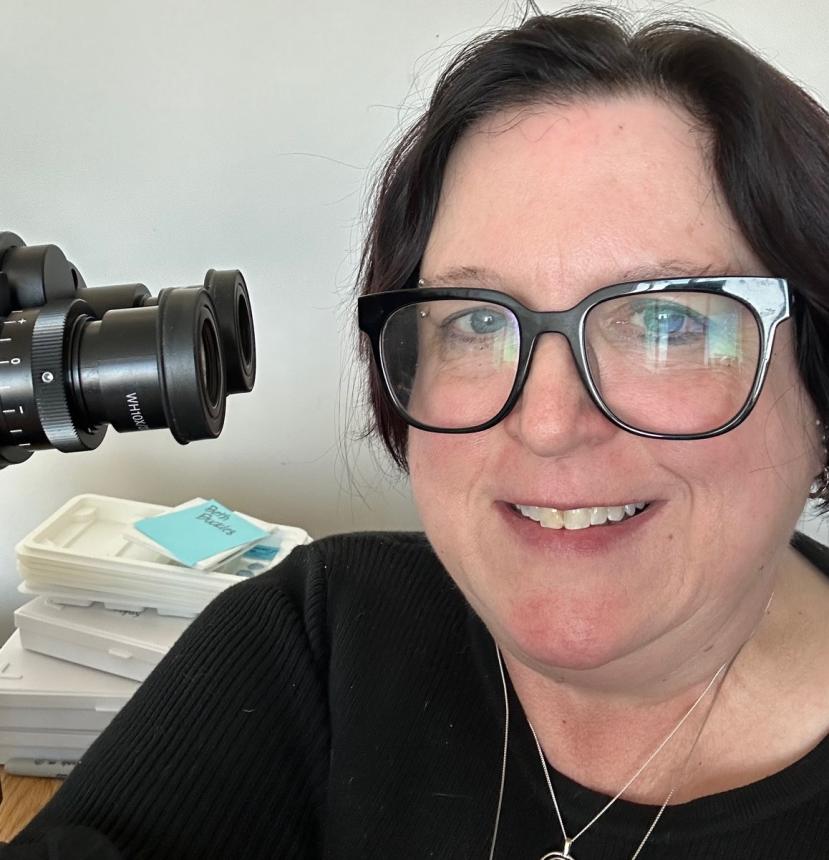Spotlights

Video
November 25, 2024
Wildlife rely on free movement across heterogeneous landscapes to access resources which facilitate population resilience to disturbance. Cornell's Dr. Maggie Swift talks about her research on African savanna elephant movements in the Kavango Zambezi Transfrontier Conservation Area.

Blog
November 22, 2024
This past spring, I completed a preceptorship at White Oak Conservation in Yulee, Florida with support from the Cornell K. Lisa Yang Center for Wildlife Health’s Student Support Fund....
News
November 18, 2024
Dr. Eric Baitchman, DVM, DACZM, was drawn to a career in veterinary medicine at an early age. “Growing up, I was really lucky to know veterinarians,” he recalls. “My father worked at the University of Rochester, and he worked alongside Dr. Jeff Wyatt, the main veterinarian for the Seneca Park Zoo in Rochester, New York...

Blog
November 11, 2024
What grows up to seven feet long and consumes up to 30,000 ants and termites a day? Their name is quite fitting, as giant anteaters are particularly built to eat this tasty treat with massive claws, a two-foot long tongue, and a jaw longer than their femur....

Blog
November 05, 2024
Ithaca may pride itself on being “gorges”, but in my opinion the best part of living in the Finger Lakes is Autumn! The changing leaves, crisp air, and fall sunshine make this the perfect time of year to walk dogs, hike local parks, go wine tasting, and of course, make large amounts of apple butter....

Blog
October 29, 2024
Costa Rica, a haven for countless species of plants and animals, holds approximately 6% of the world’s biodiversity, despite taking up only 0.03% of the earth’s surface. Known for its rich biodiversity, Costa Rica has unfortunately been facing a decline in fauna and flora due to climate change, local deforestation, development and poaching for the pet trade....

Blog
October 18, 2024
Growing up, I couldn’t wait for the moment evening turned to dusk and the dancing silhouettes of bats began to fill the night sky. This love of bats grew with me, expanding as I could better understand the science behind what made bats so unique....

Blog
October 15, 2024
As forest land and animal habitats are cleared for commercial sugar cane fields in Uganda's Kasongoire Forest, chimpanzees resort to “crop raiding” in neighboring villages — escalating conflict and increasing the risk of disease transmission. Cornell student Julian Bement helped document this growing threat to both human and chimpanzee health.

Blog
October 11, 2024
Cat herder, catch-all, and photo hog—I relate to all these terms and more. My position requires that I do and know a fair bit of everything to manage the administrative tasks for CWHL and its members while also overseeing the program's communications....

For Your Information
October 04, 2024
Fruit bats generate more diverse antibodies than mice, but overall have a weaker antibody response, according to a new study published by Cornell researchers.
